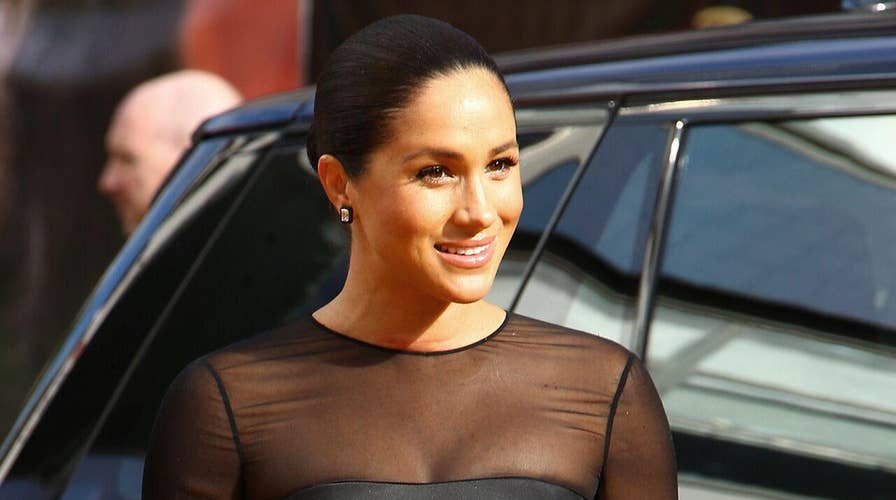Meghan Markle: What to know
Everything you need to know about Duchess of Sussex Meghan Markle and her new life as part of the British royal family.
As Meghan Markle and Prince Harry prepare for baby number two, their son Archie Harrison Mountbatten-Windsor will eventually need to learn what it means to be a big brother.
Meghan, 39, is due to give birth to a daughter this summer, according to Women’s Health magazine. However, parenting experts believe it’s never too early to teach your first child about siblinghood.
GIVING BIRTH DURING THE CORONAVIRUS PANDEMIC: TIPS ON STAYING CALM
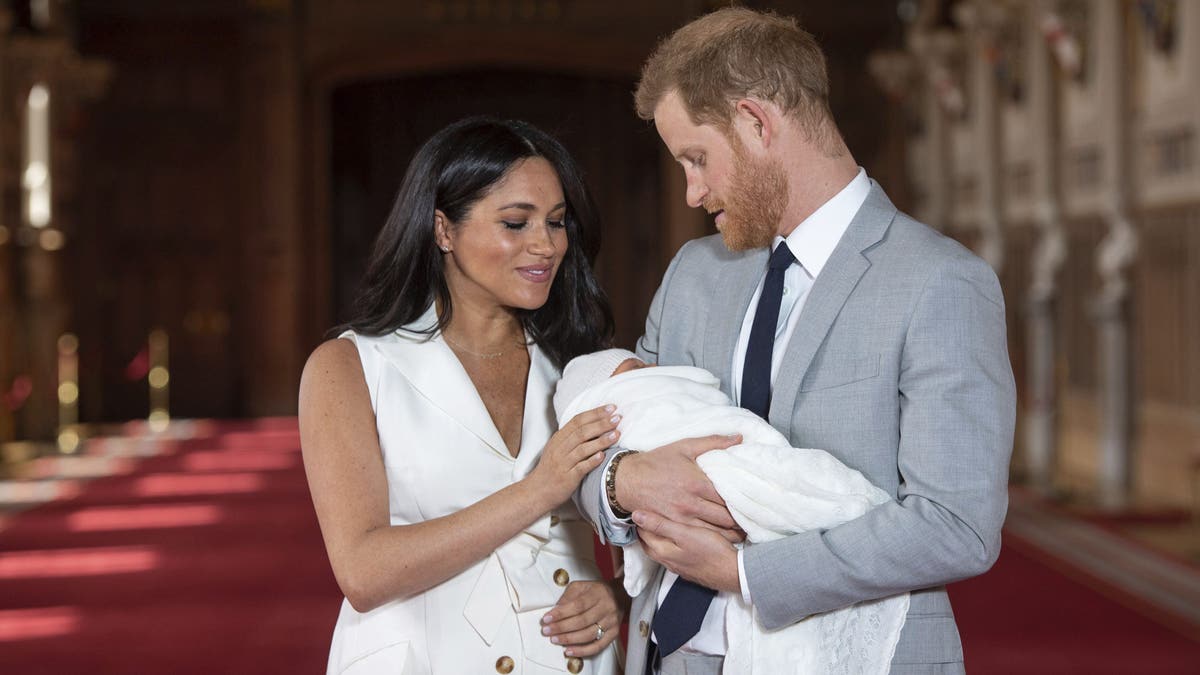
Meghan Markle and Price Harry welcomed their firstborn son, Archie Harrison Mountbatten-Windsor, on May 6, 2019. He is now 2-year-old. (Dominic Lipinski/Pool via AP)
Here are three tips doctors and childcare providers think new parents should consider when they’re prepping baby number one for their next bundle of joy.
Keep your first kid in the loop
Being the firstborn generally means being the center of a mom and dad’s world, and adding a new baby disrupts that status quo.
This fact of life is why pediatrician and mother of triplets Delene P. Musielak thinks it’s important to include your firstborn in the baby preparation process, especially if your eldest is in the toddler stage like Archie – who is currently 2-years-old.
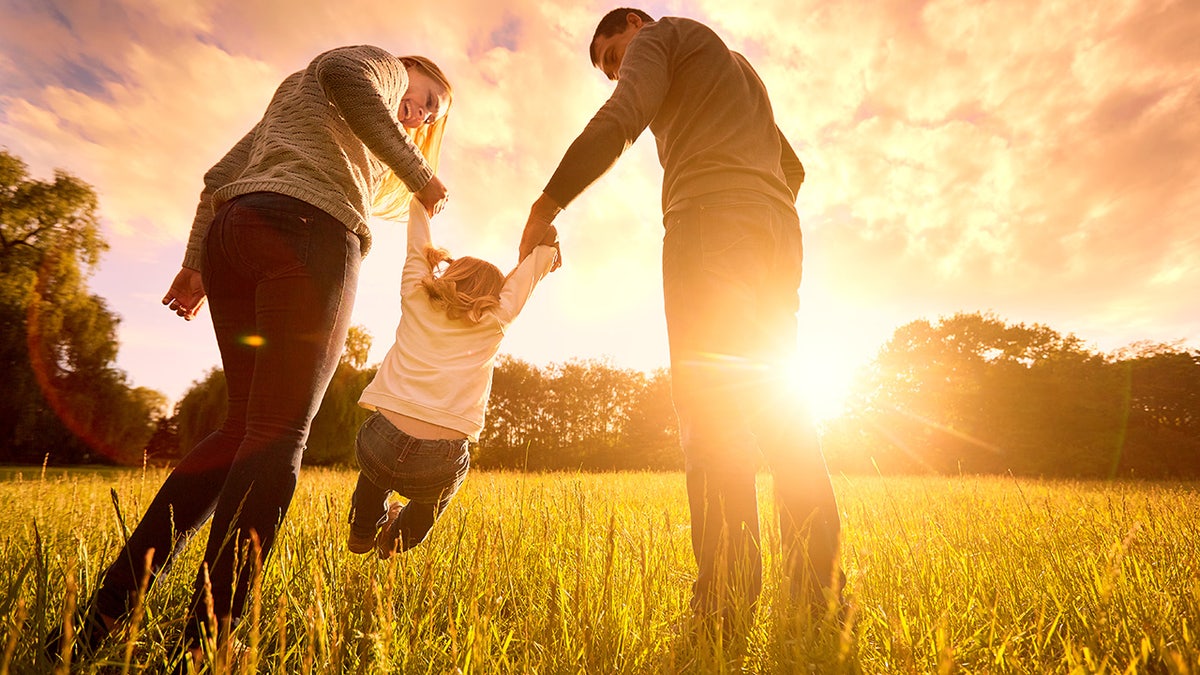
Being the firstborn generally means being the center of a mom and dad’s world, and adding a new baby disrupts that status quo. (iStock)
"Be translucent with your toddler: Include your toddler in the new baby preparation," Musielak – host of The Dr. Mom Show – told Fox News. "Not including them can lead to regression, such as bedwetting, sucking their thumb, needing a pacifier, wanting a bottle or even speech regression to get attention."
MOM OF 11 SHOCKS TIKTOK WITH LARGE 'LAUNDRY MOUNTAIN'
Figure out new sleeping arrangements
Aside from letting your first child know that they are going to have a new sibling, sleeping arrangements may need to be changed to accommodate baby number two. This could mean having to move your firstborn to a new bed or room.
If moving is necessary, there’s a right way to go about it, according to professional nanny Jada Rashawn, who serves as a nanny consultant for the childcare marketplace Sittercity.
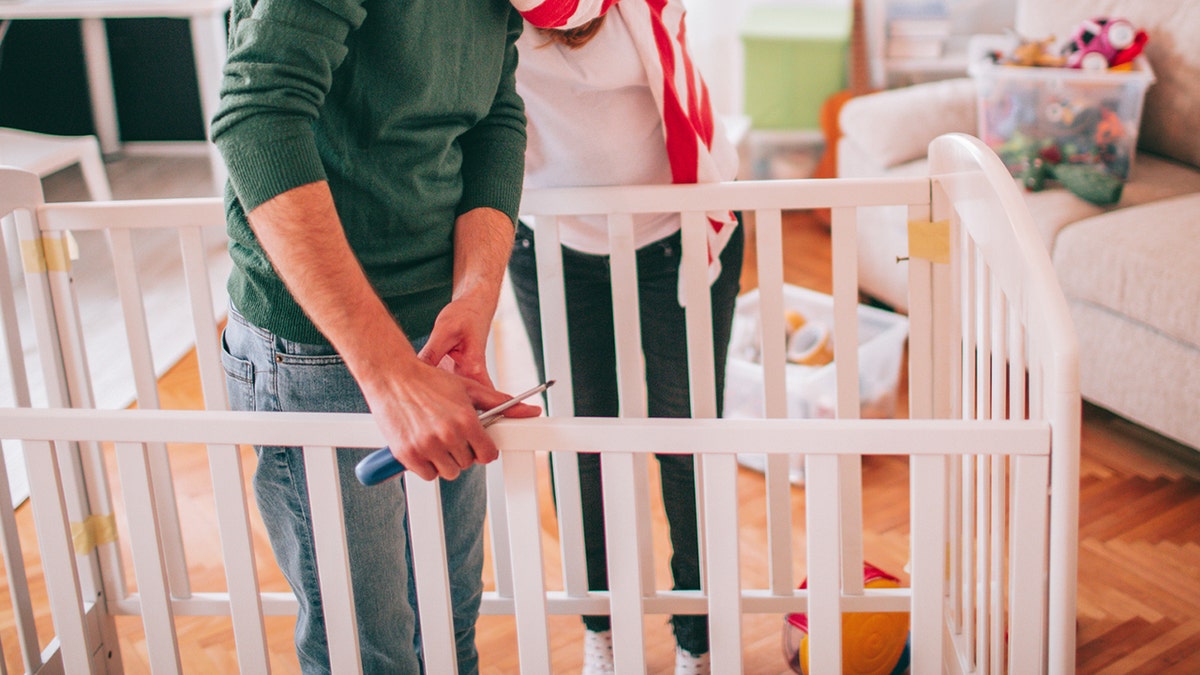
Aside from letting your first child know that they are going to have a new sibling, sleeping arrangements may need to be changed to accommodate baby number two. (iStock)
"Transition baby number one from a crib to a ‘big kid bed’ if they’re old enough and are showing signs of readiness, such as standing or climbing in and out of their crib." Rashawn wrote to Fox News via email. "One crib is better than two and this is a great way to help your firstborn celebrate a milestone!"
THE 10 FUNNIEST PARENTING FIASCOES OF 2020
Educate your child on biology
Not only will there be changes to your household for baby number two, but there will also be physical changes to a mother’s body. While this fact isn’t surprising for adults, it certainly can be for a toddler or young child.
A crash course in reproduction isn’t necessary, however, Dr. Laurie Hollman believes parents should let their firstborn know that bodies change throughout pregnancy.
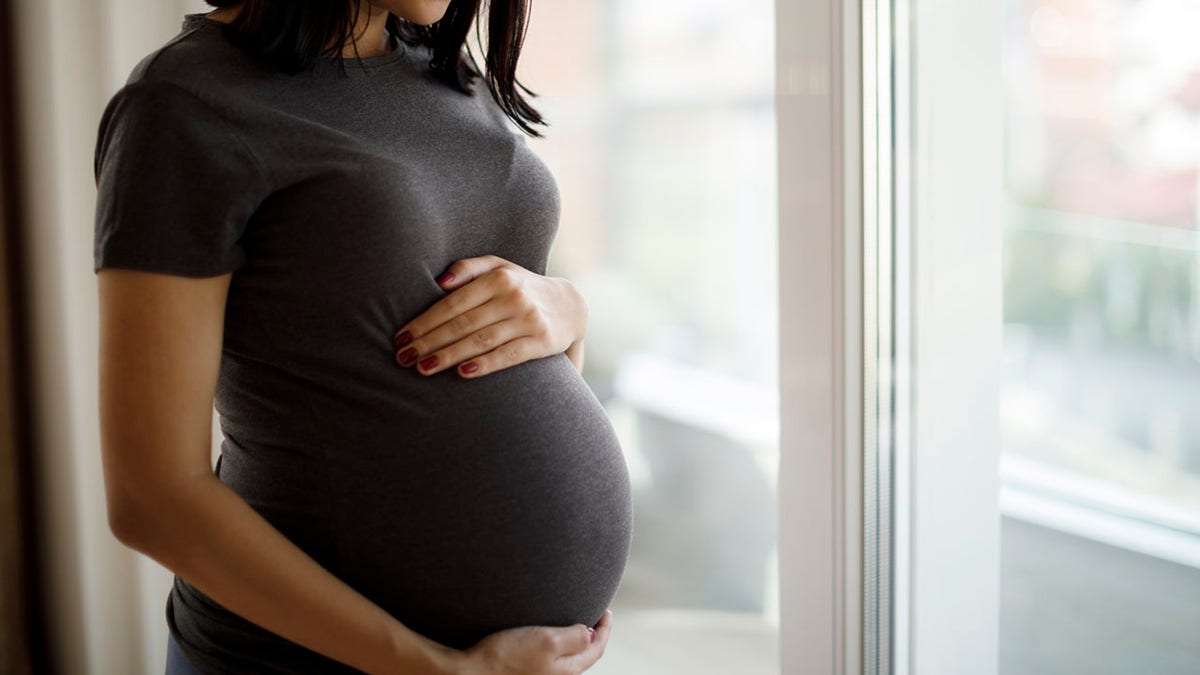
Not only will there be changes to your household for baby number two, but there will also be physical changes to a mother’s body. (iStock)
"If you or your spouse or a surrogate is pregnant, you can begin to use that word (pregnant) so the child is not scared or confused by the change in their mother's body," Hollman told Fox News. "Depending on the child's age and language development they will not only be curious about this new baby but also about how bodies change. Remember their bodies are changing rapidly but they don't think that will happen to grown-ups."
CLICK HERE TO GET THE FOX NEWS APP
Hollman, who is a child psychoanalyst, psychologist and therapist at Choosing Therapy, went on to add: "You want any bodily change to be viewed from a positive light, something to be curious about but not afraid of, something that's natural and common, and something you very much want to share and chat about with your first child."




















